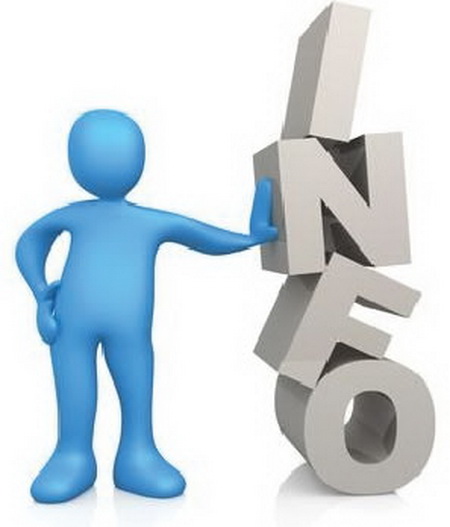Or noticed that your baby’s toy has no sharp edges?
 It is because they comply with standards – technical specifications codified into voluntary agreements.
It is because they comply with standards – technical specifications codified into voluntary agreements.
Standards often define the characteristics of products and services. They are developed in an open process, reflecting the views of many stakeholders including technical experts, government representatives and consumers. The more active consumers are in developing standards, the more likely it is that products and services meet their needs – a win-win situation for both the consumer and manufacturers or service providers.
International Standards also help support basic consumer rights, such as the right to safety and the right to be informed, which have their origins in former US president John F. Kennedy’s declaration in 1962. More information can be found on the website of the international consumer association, Consumers International.
Standards also help support basic consumer protection (enshrined in the United Nations Guidelines for Consumer Protection) by helping to raise levels of quality, safety, reliability, efficiency and interchangeability.
Source: http://www.iso.org/iso/home.html





